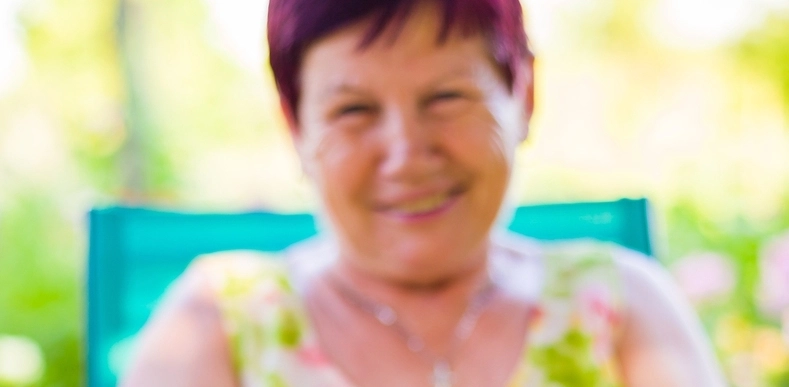Seniors and Addiction

Addiction does not discriminate. Drugs, alcohol, gambling, or other addictions send people of all colors, ages, genders, and sexual orientations to Washington State drug rehab facilities every year.
But the truth is, when you picture addiction, the last people you would think of would be the elderly.
This article explores the topic of substance abuse and addiction among the elderly. Why is it often misdiagnosed? What are some signs of elderly addiction? Where can you go for help with an aged parent who suffers from substance use disorder?
Statistics on Seniors and Substance Abuse
The National Council on Alcoholism and Drug Dependence, Inc. (NCADD) offers some facts that may surprise you:
- 2.5 million older people in the U.S. have an alcohol or drug addiction.
- Somewhere between six to 11% of hospital admissions for older adults are caused by drug or alcohol.
- The highest age group affected by alcoholism is widowers over 75 years old.
- Almost 50% of nursing home residents have diseases tied to alcoholism.
- 17 million tranquilizer prescriptions are written every year for the elderly.
While people aged 65 and older make up only 13% of the U.S. population, they consume nearly 30% of the medications prescribed every year. This fact makes this population extremely vulnerable to addiction.
Why Substance Abuse in the Elderly is Often Overlooked
Substance abuse is extremely easy to miss in the elderly. Some of the reasons include:
- Physicians are busy dealing with other ailments typically experienced by older people and fail to ask about alcohol or drug consumption.
- Doctor visits may focus more on potential drug interactions and less on how often prescription medications are being used.
- Office visits today are generally rushed.
- Or, like a lot of us, healthcare providers just do not think of the elderly as a population struggling with addiction.
The NCADD states, “There is an unspoken but pervasive assumption that it is not worth treating older adults for substance use disorders.” So, in addition to missing the addiction completely, it may also be decided that the elderly person’s quality of life is actually better with a few drinks or a tranquilizer. Or, perhaps worse, when the person is approaching end-of-life, there may be a subtle (or not) feeling that treating the substance use disorder is simply a waste of healthcare resources.
Causes of Addiction in Seniors
Some caregivers of the elderly suggest that more opioid pain relievers are being prescribed than is necessary, which has led to an increase in abuse. Alcohol or other drugs are helping this population manage anxiety and depression, which could be tied to the loss of a spouse or a loss of purpose after retirement. As their health declines, older adults may turn to addiction as a way to cope with chronic illness, fear of death, anxiety or even boredom. It can be difficult to determine whether memory loss and confusion in the elderly population is tied to old age – or the medication they might be using.

2.5 MILLION OLDER PEOPLE IN THE U.S. HAVE AN ALCOHOL OR DRUG ADDICTION.
Addiction Treatment for Seniors
It is never too late to break the cycle of addiction. Addiction can lead to a whole host of health disorders, making Washington State drug rehab a necessity for regaining life and health.
Handling the mix of psychological difficulties and physical ailment makes treating the senior population more challenging. But drug rehab can help anyone – no matter what their age. To learn about adult treatment programs at The Recovery Village Ridgefield, contact an admissions representative today.




